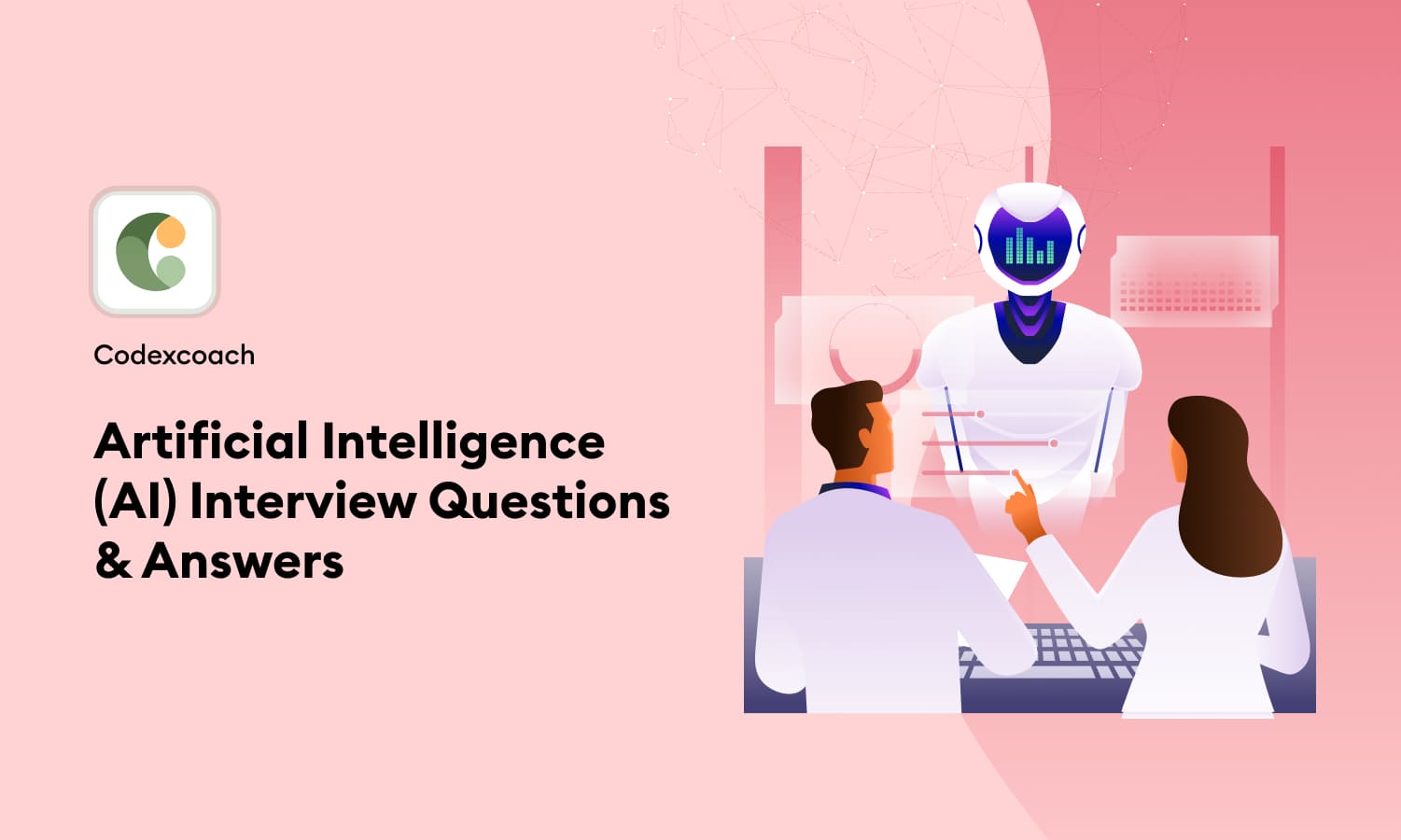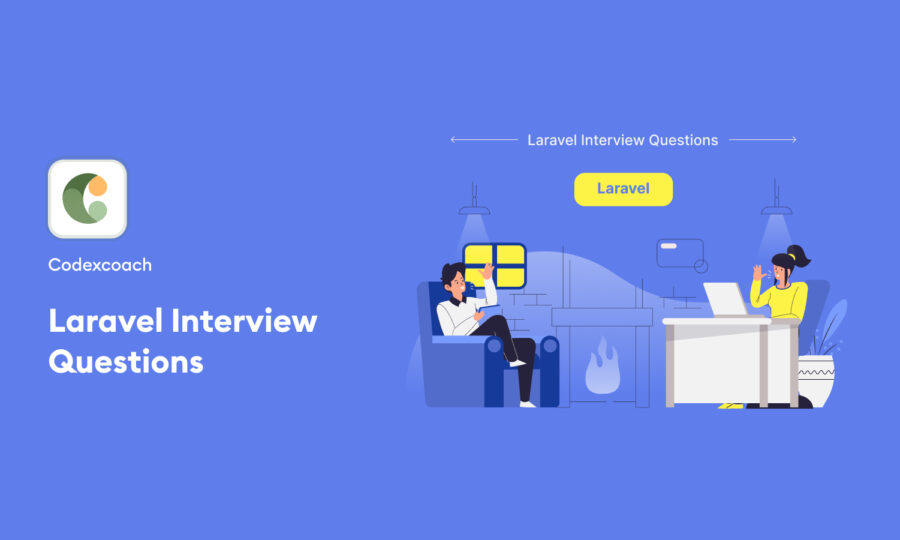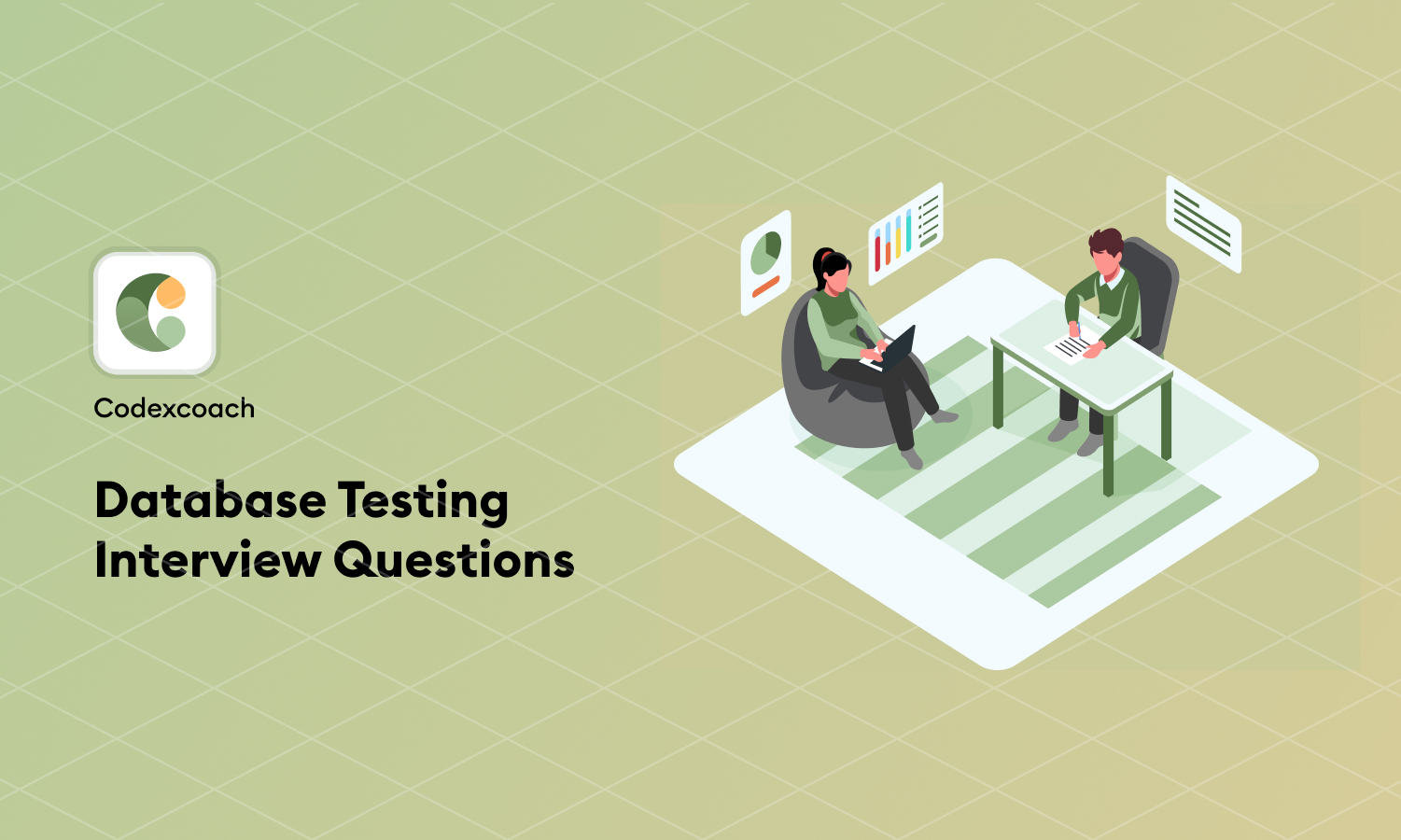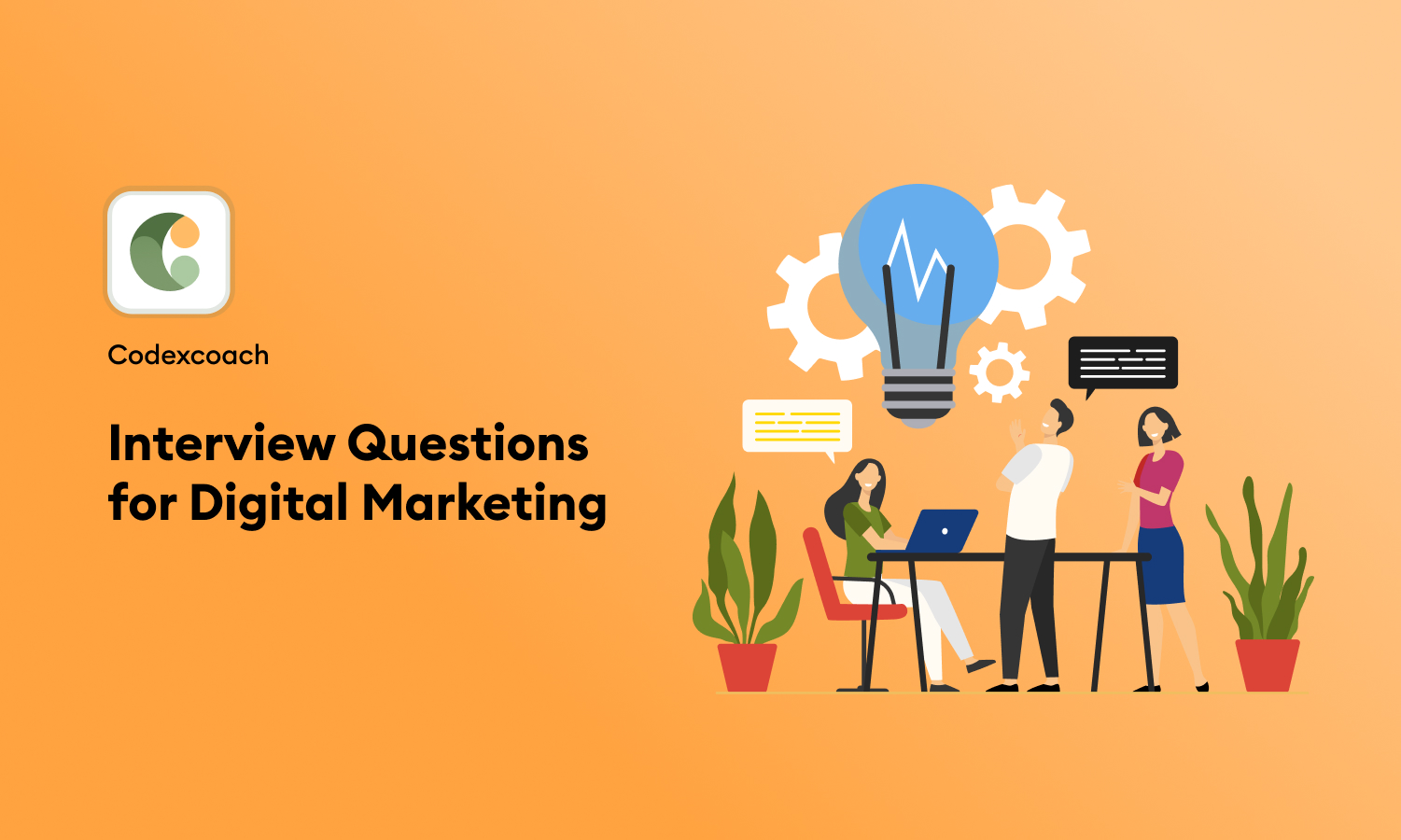1. What is SEO and how does it work?
SEO stands for Search Engine Optimization. It’s the process of improving the quality and quantity of website traffic through organic search results. This is achieved by increasing a website’s visibility on search engines, without paying for it.
2. What is the definition of bounce rate in SEO?
Bounce rate refers to the proportion of visitors who leave a website from the landing page without browsing any other pages or taking any action. It’s calculated as the number of single-page sessions divided by all sessions.
3. What are the most important Google Ranking Factors?
While there’s no definitive list, important Google ranking factors include content quality, the use of relevant keywords, backlinks, organic clicks, and page loading speed. Other factors like mobile responsiveness, brand strength, and user experience also play a role.
4. What is link building and why does it matter?
Link building is the process of acquiring hyperlinks from other websites to your own. It’s significant for SEO because search engines use these links to crawl the web; the number and quality of backlinks to a website are indicators of that website’s credibility and relevance, which affect its ranking.
5. What is an XML Sitemap?
An XML Sitemap is a file that lists a website’s important pages, ensuring search engines can find and crawl them. It’s used to inform search engines about pages on a site that are available for crawling and includes information like the frequency of updates and the importance of different pages.
6. Explain the difference between ‘nofollow’ and ‘dofollow’ links.
Nofollow links do not pass link juice and have no impact on Google’s ranking algorithm. In contrast, dofollow links pass link juice and can influence a website’s ranking. The use of ‘nofollow’ is typically for untrusted content or paid links, whereas ‘dofollow’ is used for trusted content.
7. What is local SEO?
Local SEO is the optimization of your online properties to generate traffic from location-based searching. It helps businesses promote their products and services to local customers at the exact time they’re looking for them online. This includes optimizing the business’s website and its content, including local citations and backlinks.
8. What are LSI Keywords?
LSI (Latent Semantic Indexing) Keywords are semantically related to the main keyword. They help search engines understand the context of content, making it easier to rank for relevant searches. Using LSI keywords can improve keyword relevance without risking keyword stuffing.
9. How do you measure SEO success?
SEO success can be measured by a variety of metrics, such as increased website traffic, higher rankings for target keywords, improved engagement rates, and increased conversions. It’s important to align these metrics with the goals of the business or campaign.
10. What is Google Sandbox?
Google Sandbox is a theoretical filter that Google applies to new websites. This filter prevents new websites from ranking in Google’s top results until they have established credibility and authority. It’s like a probation period for new sites.
11. What is the difference between on-page and off-page SEO?
On-page SEO refers to factors you can control on your own website, such as content quality, keyword optimization, headers, meta tags, and structured data. Off-page SEO refers to actions taken outside of your website to impact your rankings within search engine results pages, like link building, social media marketing, and brand mention.
12. What is a robots.txt file?
A robots.txt file tells search engine crawlers which pages or files they can or can’t request from your site. It’s mainly used to avoid overloading your site with requests; it is not a mechanism for keeping a web page out of Google.
13. What is the importance of keywords in SEO?
Keywords are crucial in SEO as they are the linchpin between what people are searching for and the content you are providing to meet that need. Your goal in ranking on search engines is to drive organic traffic to your site from the search engine result pages (SERPs), and the keywords you choose to target will determine the kind of traffic you get.
14. Explain the concept of ‘keyword stemming’.
Keyword stemming is the process of using a popular keyword and modifying it to create new words by adding prefixes, suffixes, or changing its tense. This helps in optimizing your keywords and thus, improves your chances of getting more search hits.
15. What is cloaking in SEO?
Cloaking is a deceptive SEO technique where the content presented to the search engine spider is different from that presented to the user’s browser. This is done to mislead search engines to display the site when it would not otherwise be displayed. It is considered a violation of Google’s Webmaster Guidelines because it provides users with different results than they expected.
16. How do you stay updated with SEO trends?
To stay updated with SEO trends, you might follow industry blogs like Moz, Search Engine Journal, or Google Webmaster Central; attend webinars and conferences; participate in online forums and groups; or take continuous online courses and certifications.
17. What is ‘Google My Business’ and why is it important?
‘Google My Business’ is a free tool provided by Google that allows businesses to manage their online presence across Google, including Search and Maps. It helps businesses manage their information, interact with customers, understand and expand their presence. It’s important for local SEO as it helps businesses to appear in local search results and provides potential customers with vital information about their services.
18. What are some common SEO mistakes?
Common SEO mistakes include not optimizing for the right keywords, neglecting mobile usability, ignoring analytics data, duplicate content, overusing keywords (keyword stuffing), slow site speed, and not updating content regularly.
19. What is ‘Domain Authority’?
Domain Authority (DA) is a search engine ranking score developed by Moz that predicts how likely a website is to rank on search engine result pages (SERPs). A Domain Authority score ranges from one to 100, with higher scores corresponding to a greater ability to rank.
20. What are ‘alt tags’ and why are they important?
Alt tags are a text alternative for images on a web page. They are important because they provide context to search engines about the content of the image, which helps in indexing and makes your website more accessible to users with screen readers or those with slow internet connections that can’t load images.
21. What are ‘long-tail keywords’ and why are they important?
Long-tail keywords are longer and more specific keyword phrases that visitors are more likely to use when they’re closer to making a purchase or when using voice search. They’re important because they often have a higher conversion value and are less competitive than generic keyword terms.
22. Can you explain what ‘SERP’ stands for and why it’s important?
SERP stands for Search Engine Results Page. It’s the page that a search engine returns after a user submits a search query. Understanding SERPs is crucial for SEO professionals because optimizing a website involves strategies to increase its visibility on SERPs.
23. What is the difference between internal and external links?
Internal links are hyperlinks that point to pages within the same domain. They help in website navigation and distribute page authority throughout the site. External links, on the other hand, are links that point to a domain other than the source domain. They are important for SEO because they can bring in traffic from other websites and contribute to the site’s authority and ranking.
24. What is a ‘301 redirect’?
A 301 redirect is a permanent redirect from one URL to another. It is used to redirect traffic from the old URL to a new URL and to pass along the link equity from the old URL to the new one. This is important for SEO as it helps preserve search engine rankings for a page.
25. How does social media impact SEO?
Social media itself doesn’t directly affect SEO rankings, but the links you share across social platforms increase brand exposure. They can accumulate social signals (like likes and shares) which can indirectly influence a site’s search ranking, as it drives traffic and enhances the visibility of your content.
26. What is ‘anchor text’ and why is it important in SEO?
Anchor text is the clickable text in a hyperlink. SEO best practices dictate that anchor text should be relevant to the page you’re linking to, rather than generic text. It’s important because it provides both search engines and users relevant contextual information about the content of the link’s destination.
27. What is ‘keyword cannibalization’?
Keyword cannibalization occurs when multiple pages of the same website are trying to rank for the same keyword, thereby competing with each other. This can dilute the authority of your site and negatively impact your ability to rank for that keyword.
28. What is a ‘backlink’?
A backlink is a link from one website to another. They are important for SEO because they signal to search engines that other websites vouch for your content, which can affect a site’s ranking and visibility.
29. What is ‘Google PageRank’?
Google PageRank is an algorithm used by Google Search to rank web pages in their search engine results. It measures the importance of website pages by counting the number and quality of links to a page to determine a rough estimate of how important the website is.
30. What is ‘mobile-first indexing’?
Mobile-first indexing means that Google predominantly uses the mobile version of the content for indexing and ranking. Since the majority of users now access Google Search with a mobile device, the mobile version of each website is prioritized in indexing and ranking.





